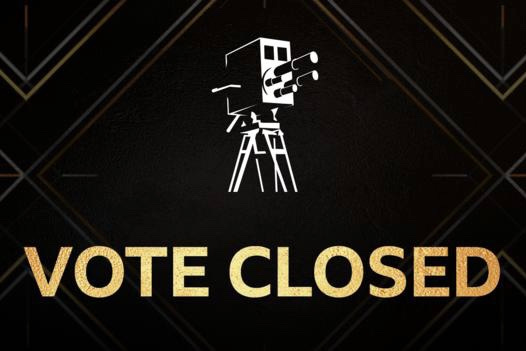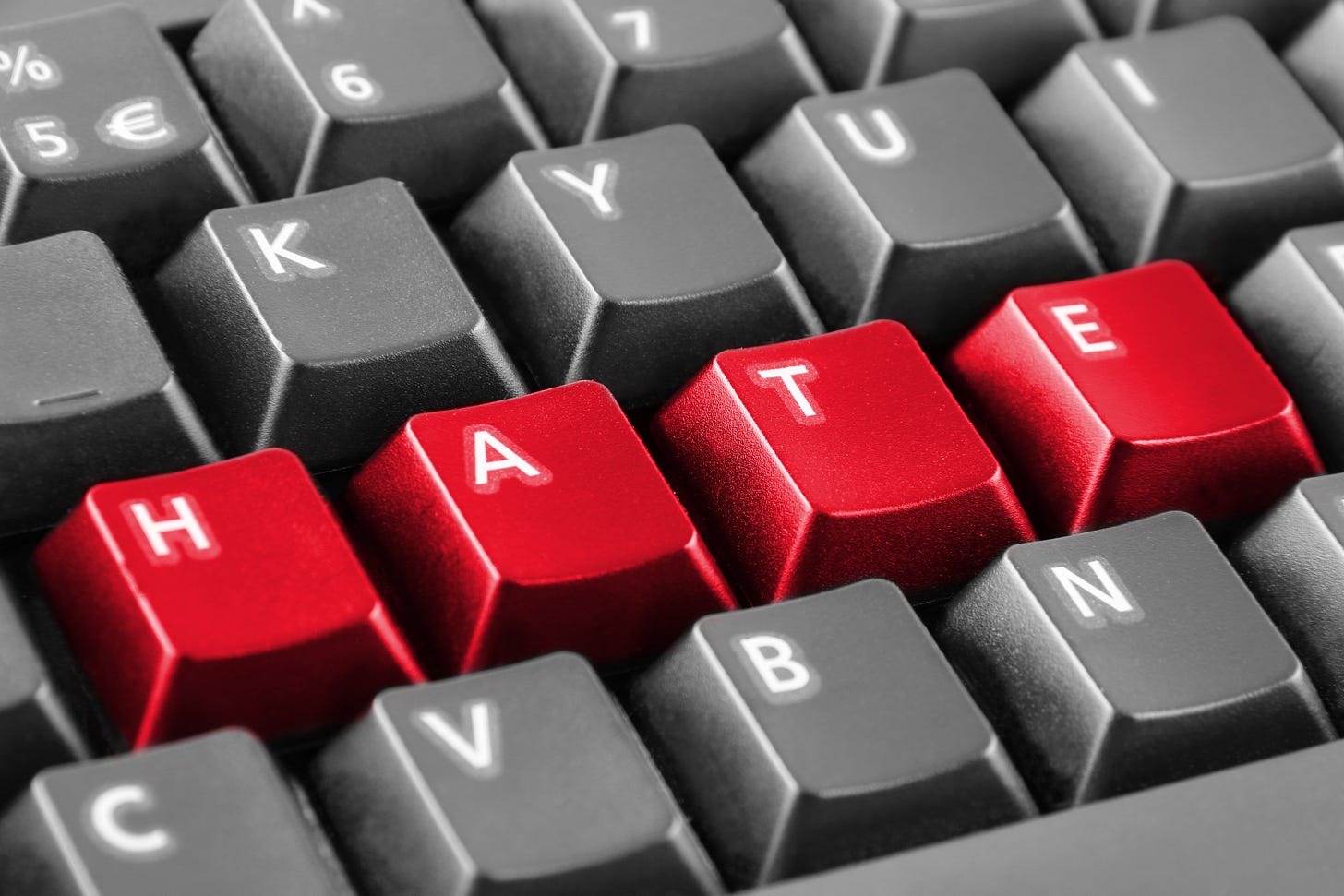Off my chest, on me 'ead
If you see me reaching for the remote to watch SPOTY next year, you know what to do… Delighted that our gold medal winning GB Wheelchair Rugby team was nominated for the BBC’s Team of the Year last weekend, alongside an illustrious bunch of trophy winners from other sports*, plus the Tokyo multi-medallist British swimmers - oh, and the England men’s footballers who came up a penalty shootout short in the Euros. Kudos to their manager Gareth Southgate for a typically gracious TOTY victory speech:
“I mean I’m conscious, by the way, other teams won trophies, so acknowledge that…” Gareth Southgate at SPOTY
I don’t know who was on the judging panel, but it seemed they’d hit the Christmas sherry early. Anyway, onto more important matters.
* Chelsea men, Chelsea women, England RFU women, Gordon Reid & Alfie Hewitt, Manchester City, St Helens men, St Helens women, Europe Solheim Cup
Asset protection schemes
The three England footballers who missed penalties in the final shoot-out at the Euros - who all just happen to be black - were subjected to vilification online in the aftermath of the game. I was reminded of their toxic experience in a fascinating meeting last week with the CEO of Signify, the data science group that has just produced a report for World Athletics analysing the online abuse suffered by athletes around the time of the Tokyo Olympics.
The headlines in the World Athletics report are unsurprising: 14% of the athletes tracked by Signify using its Threat Matrix software were subjected to targeted abuse, and 87% of abusive messages were sent to female athletes. The stat that drew me up short was that 63% of all abuse uncovered was directed at just two black, female athletes.
Measuring the problem is one thing, preventing it is another entirely. I was struck by a profile of darts’ Fallon Sherrock in The Observer this weekend. Deluged by hate messages after becoming the first woman to win the PDC World Darts Championship two years ago, Sherrock now uses her management company to filter incoming social media. A labour intensive exercise.
“I’m scared of what I might see. I’ve come off all the darts groups on Facebook. Otherwise I’m just sitting there looking and then I’ve wasted three hours.” Fallon Sherrock in The Observer
Signify’s Jonathan Hirshler explained to me that the abuse suffered by sportspeople that reaches the public consciousness is usually just the tip of an enormous iceberg. The tweet or two that cause the public to recoil are often representative of many thousands that an individual receives.
“As soon as the checkered flag dropped I knew how things were likely to play out. The ensuing hate, abuse and threats on social media were not really a surprise to me.” Nicolas Latifi reflecting on his crash in the Abu Dhabi GP that led to the controversial finish to the F1 season
Threat Matrix can be deployed to automatically root out abusive messages before they reach an athlete, which then form the basis of action to enable social media platforms to block users, and then possibly trigger criminal prosecution. Arsenal FC signed up to the service in the summer as a means of protecting its playing squad.
I can’t speak personally to the quality of Signify’s product, but at the very least I’d like to think that governing bodies and professional sports would want to explore similar ways to proactively head off abuse and root out abusers. UK Sport might like to start by seeking protection for Britain’s lottery funded athletes - it’s the right thing to do, and has the corollary benefit of protecting the nation’s investment in its sporting human capital.
For it's one, two, three strikes, you're out
I’ve long been intrigued by sports stars’ ineffectiveness in organising themselves to take collective action. Maybe it’s the short shelf life of a professional, the intensity of their career, its precariousness as well as its myriad distractions, or perhaps the huge disparity in wealth between those at the very top of the game and the vast majority scrambling a much more modest living further down the sporting pyramid.
Australia’s cricketers are an exception, out-muscling Cricket Australia in a 2017 pay dispute during which they boycotted an A team tour - England’s team might be wishing their opponents were on strike right now.
Whatever the reasons, players’ unions tend to be weak and co-ordinated activity to improve their rights is rare.
Which makes the current Major League Baseball lockout all the more intriguing. A five-year collective bargaining agreement between teams and players has expired without a new deal being agreed. Team owners are acutely aware that the last time a season began without an agreement in place, the players called a strike mid-season and went on to win their battle against a hard salary cap. 948 games were lost across the end of the 1994 season and the start of the next.
In triggering a lockout now, the teams are gambling that they can neuter the players in the off-season and hasten an agreement before spring training officially begins near the end of February.
MLB attendance peaked in 2007 and has been in gradual, steady decline ever since - down 14% by pre-pandemic 2019. The game appears stuck in nostalgic mud, slow to innovate, increasingly reliant on broadcast revenues, and yet still subject to upward pressure on wages. And the players have the most flexible financial arrangements of the four major US sports. Much at stake then. Don’t bank yet on enjoying a seventh innings stretch at the 15 opening day games on 31 March.
If you want to dig deeper on the lockout, there’s lots online. You might start here: NY Times or here: SB Nation
(Don’t leave me) Hanging on the telephone
Thanks to everyone who has asked how my open application to be Chair of the ECB is progressing. I’ve kept my mobile fully charged but haven’t heard anything as yet. Then again, there’s been no job ad and I can’t find a headhunter who has the brief. My application was written before the Yorkshire racism scandal broke, which won’t have been on the ECB’s risk register, just as its previous chair’s departure was unscheduled. Little wonder then if the recruitment process has been delayed. I’ll keep you in touch. If you didn’t see my application at the time, here it is: Dear ECB
Until next time
That’s it from Sport inc. for 2021. Thanks for reading each week. See you again on 6 January. Here’s to an exhilarating 2022!






